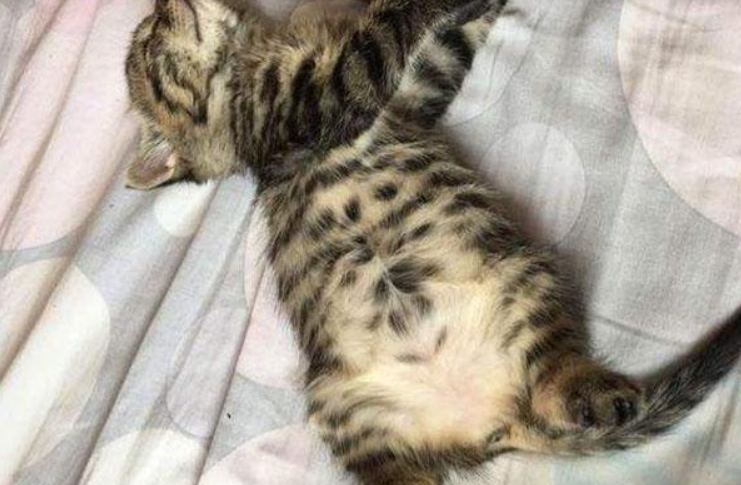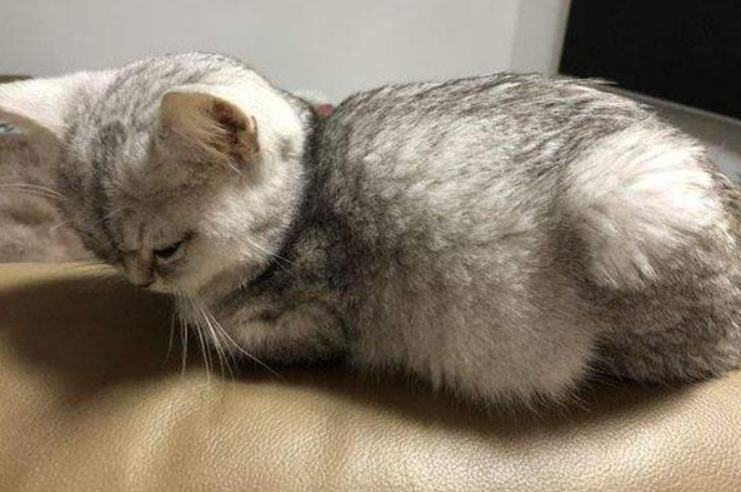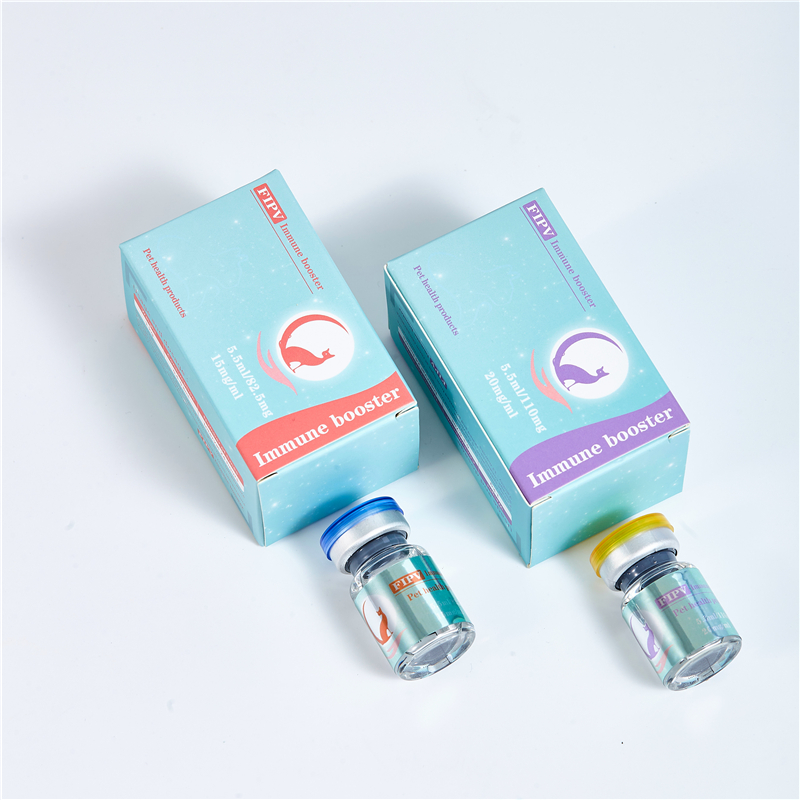Feline Infectious Peritonitis (FIP), is a highly fatal disease caused by feline coronavirus (FCoV) infection. FCoV is a common virus that causes only mild respiratory or gastrointestinal symptoms in most cats, but in some cases, the virus can mutate and cause FIP. Under normal circumstances, this disease is highly contagious in cats. Due to the low cure rate, feline abdominally transmitted diseases are called feline “AIDS”.
There are two types of FIP: wet FIP and dry FIP.
Wet FIP: The biggest symptom is that cats have fluid in their abdominal cavity, which is a high-protein exudation. Other symptoms include: asthma, vomiting, difficulty breathing, and abnormal defecation.

Dry FIP: The biggest manifestations are abnormalities in the eyes, pus in the lower eyelids, smaller pupils, decreased vision, etc. Some abdominal nodules may be felt by touch.

Symptoms of feline infectious peritonitis may include loss of appetite, weight loss, fever, vomiting, diarrhea, ascites, eye inflammation, and more. These symptoms may gradually worsen, causing the cat’s health to deteriorate rapidly.
So how should you care for cats with feline infectious peritonitis FIP?
- Provide a warm and comfortable environment: Ensure that the living environment of affected cats is warm and protected from cold and dampness.
- Provide a high-quality diet: Give affected cats high-quality food that is easily digestible to maintain their weight and nutritional status. Sometimes, a special prescription diet may help relieve symptoms.
- Stay hydrated: Make sure your cat is drinking enough water to prevent dehydration. Consider offering wet cat food or adding moisture to the food.
- Monitor symptoms regularly: Pay attention to your cat’s symptoms, including appetite, weight, activity level, and breathing. Report any abnormalities promptly to your veterinarian.
- Provide medical care: If a cat develops severe symptoms such as difficulty breathing, jaundice, or weight loss, seek medical attention immediately. Your veterinarian may provide supportive care such as fluids, analgesics, etc.

Currently, there is no specific treatment for feline infectious peritonitis, so prevention is also very important. Vaccines can provide some protection, but they do not completely prevent the development of FIP. For cats that have become infected with FCoV, regular health examinations and monitoring are necessary. If a cat has any symptoms suspected of feline infectious peritonitis, it should seek medical attention promptly and receive treatment in accordance with the veterinarian’s recommendations. GS441524 specific drug can also be used under the guidance of a veterinarian to help cats already infected with FIP relieve symptoms and improve the success rate of treatment.
Although feline infectious peritonitis is a serious disease, with proper prevention and early detection, we can help cats stay healthy and improve their quality of life. For cat owners, understanding the relevant knowledge of FIP, paying attention to the health of the cat, and maintaining good communication with the veterinarian are all important measures to protect the health of the cat.
